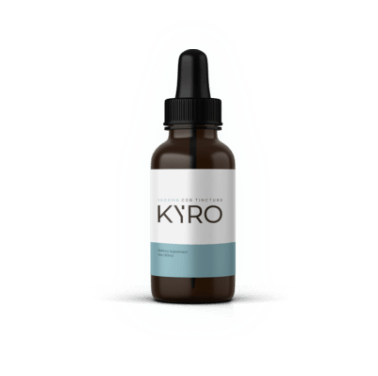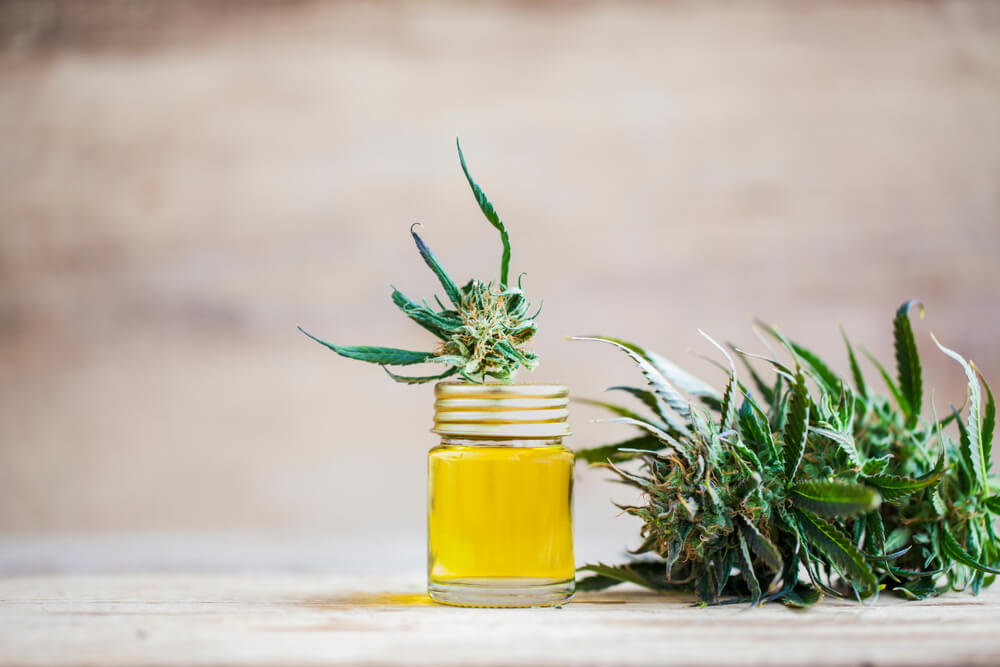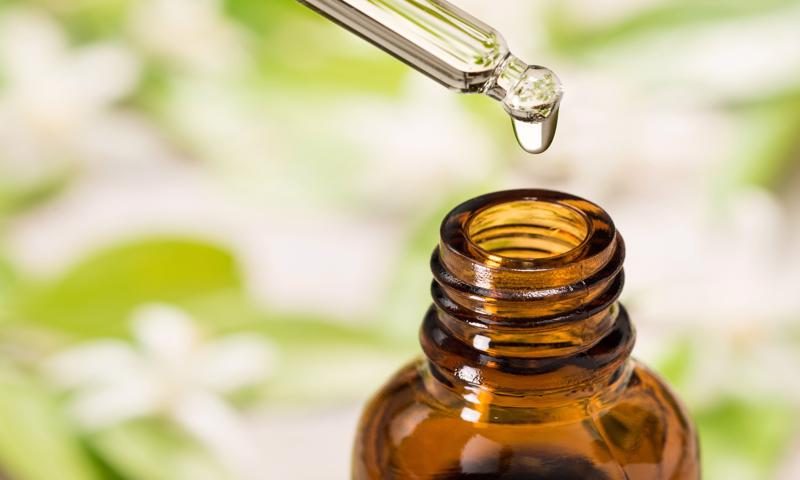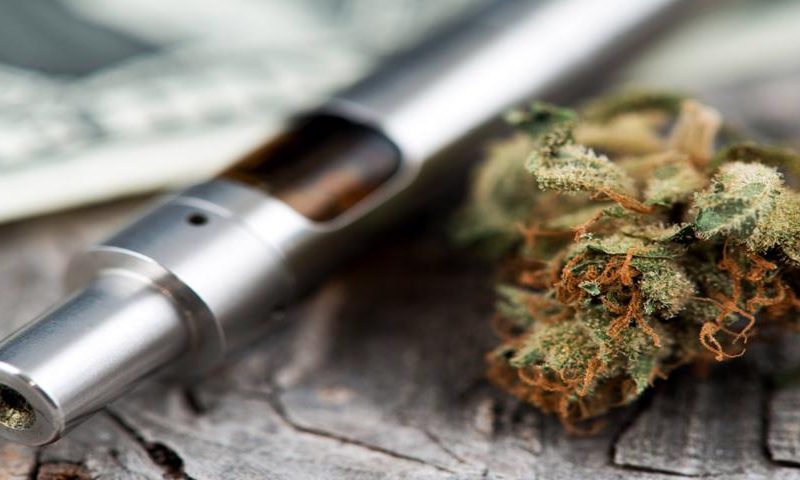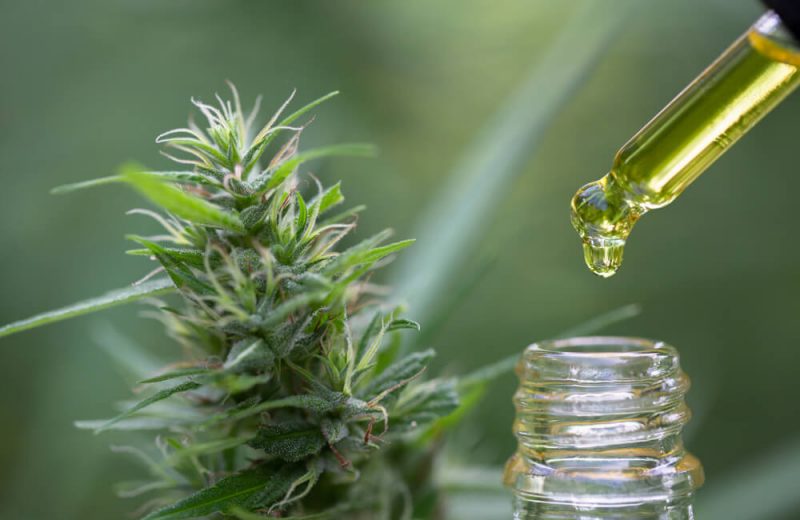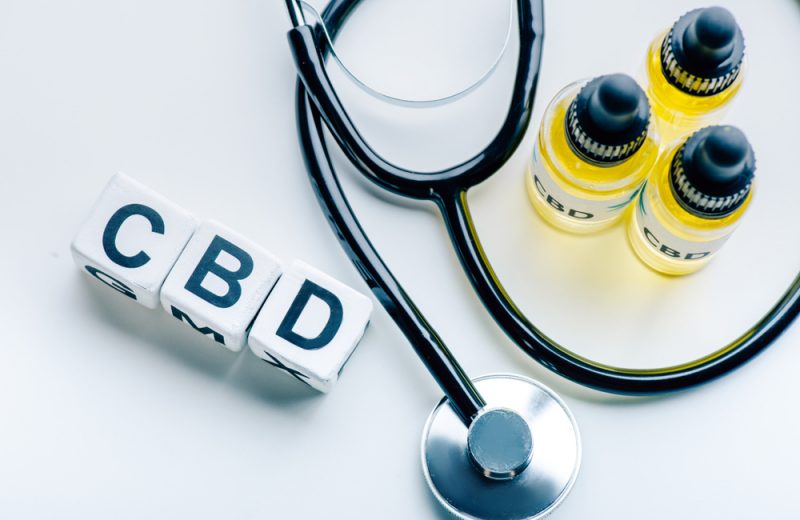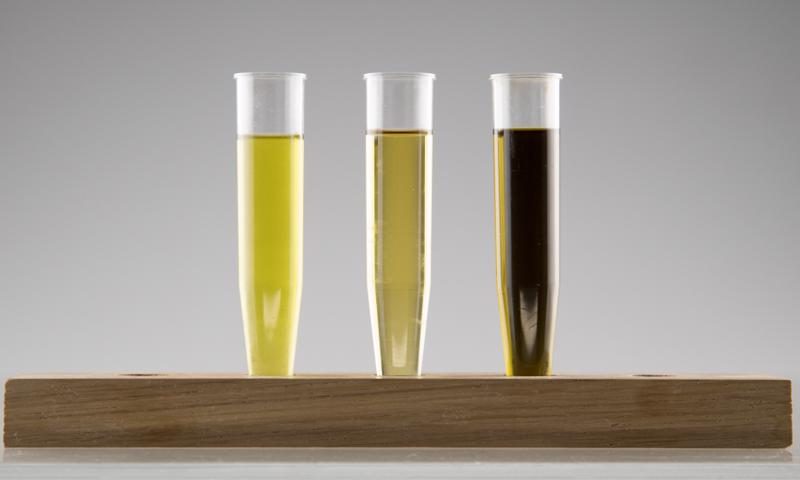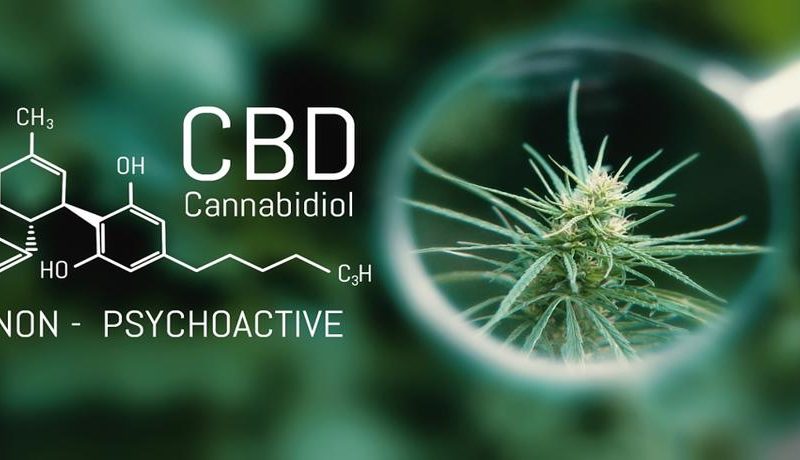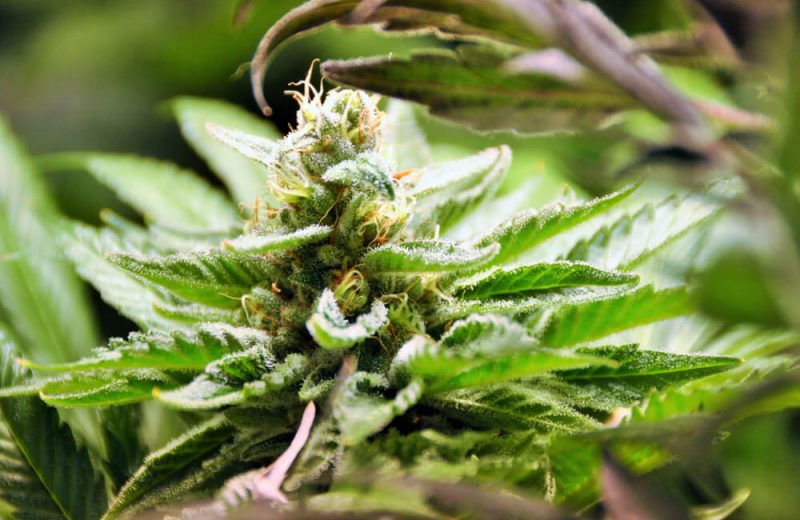CBD Oil in the UK has seen a tremendous swell in popularity as a wellness remedy in the last few years, and the trend shows no signs of slowing soon.
Current estimates show that the UK’s CBD market is worth well over £300 million, and pundits predict that it will grow at a steady CAGR of approximately 18.77 percent to reach just shy of £1 billion by 2025.
According to a 2019 YouGov survey authorized by the London-based think tank Centre for Medicinal Cannabis (CMC), about 6 million UK consumers have tried CBD oil, accounting for roughly 11 percent of the country’s general population. What’s more interesting, over a quarter (28 percent) of adult Britons say they would give it a try.
No matter how you look at it, CBD is not a passing trend in the UK. It’s here to stay, and CBD products have percolated from London’s urban populace to the quiet Midlands and everywhere in between.
CBD oil advocates in the UK have hailed it as a natural relief for a plethora of health conditions and symptoms, ranging from epileptic seizures and anxiety to Parkinson’s disease and even cancer.
Given its close affiliation with marijuana, however, there’s a pile of controversies and confusion around CBD oil, primarily in terms of its legal status, health benefits, efficacy, and market regulation.
In this comprehensive guide, we break down everything you need to know about CBD oil in the UK. Herein, we look to offer concrete answers to several key questions, including:
- What is CBD oil?
- Is CBD oil legal in the UK?
- How is CBD oil used in the UK?
- Challenges for CBD oil market in the UK
- CBD oil for personal use in the UK
- Where to buy CBD oil in the UK
- Market projections for CBD oil in the UK
Let’s get right on it.
Is CBD Oil Legal in the UK?
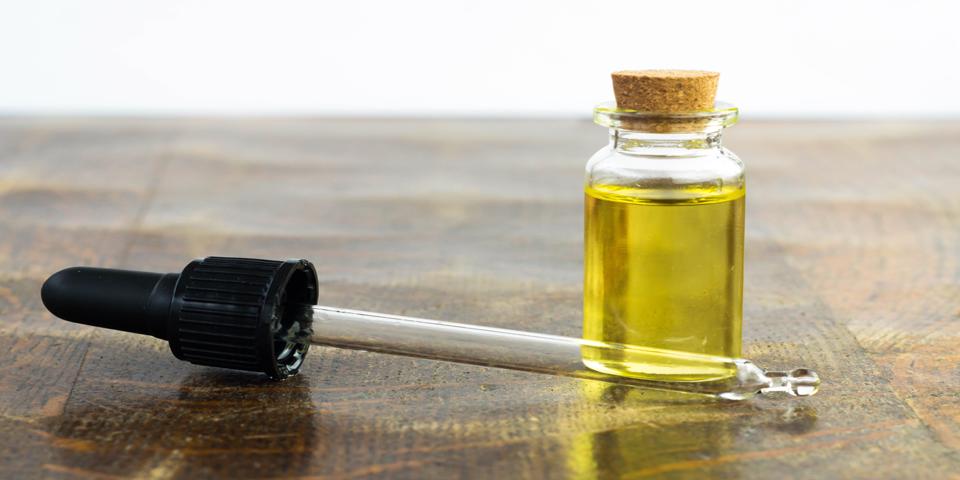
Yes, if it’s THC free — which is different from the United States where the law allows for CBD oil to contain up to 0.3 percent THC.
Cannabis was freely available in the UK up until the late 1920s when it was unceremoniously banned soon after Geneva’s drug conference of 1928. For the next nine decades, it was strictly off-limits in the UK with all cannabis products (including hemp) being classed as Schedule 1 controlled drugs under the Misuse of Drugs Act 1971, as well as under its successor, the Misuse of Drugs Regulations Act 2001.
But this dramatically changed in 2016 when the Medicines & Healthcare Products Regulatory Authority (MHRA) classified CBD oil as a medicine in the UK and it could be recognized as such if it satisfies strict efficiency, quality, and safety standards.
In essence, the MHRA office admitted that CBD oil has some significant medical value and potential. This was truly a landmark acknowledgment because it meant that CBD oil could be legally blended into formulas or added to foods, supplements, and other products.
In addition, the UK’s Home Office has made CBD legal countrywide, allowing hemp to be cultivated, sold, and used as long as its THC content is below 0.2 percent.
While CBD is no longer considered a controlled drug, any product containing THC beyond the 0.2-percent limit is regarded as cannabis, which of course remains a Class-B controlled substance.
Also, note that despite CBD’s recognition as medicine, each product must be licensed by the MHRA to be sold legally in the UK for medicinal usages. So far, none has received MHRA clearance.
Hence, current manufacturers can’t legally market or advertise their CBD products as having any alleged medicinal benefits. That’s also why you won’t see CBD products in the UK being sold in the drug sections alongside other medical products like analgesics and anxiety meds.
Instead, they are often marketed and sold as wellness products, dietary supplements, or food supplements, which is where the Food Standards Agency (FSA) comes into the picture.
Accordingly, all CBD products in the UK must be registered with the FSA by March 2021, or else they will be pulled off the shelves, as reported by the BBC.
What is CBD Oil?
CBD (cannabidiol) oil is a naturally occurring therapeutic extract obtained from the Cannabis sativa plant. Its primary ingredient is CBD, which may be extracted alongside several other cannabinoids, including the well-known tetrahydrocannabinol (THC).
CBD and THC are the two most dominant cannabinoids found in cannabis plants (hemp and marijuana), but 100+ others are present in trace amounts.
CBD oil is normally derived from the resinous flowers of industrial hemp because it boasts a high cannabidiol content. The marijuana plant does contain some CBD but has unacceptable levels of THC, which can pose a legal predicament.
Desired parts of the hemp plant are often crushed, and cannabinoid content is extracted using advanced techniques such as the CO2 extraction method. Oil and ethanol extractions are the other two common but somewhat less effective methods.
CBD extract can then be refined into a CBD isolate, full-spectrum or broad-spectrum oil. Isolates contain more or less pure CBD, and barely anything else.
Full-spectrum CBD oil is a cocktail of all natural-occurring compounds extracted from the hemp plant, which means it contains essential oils, antioxidants, terpenes, and other cannabinoids, including THC. Emphasis is on the fact it has some THC.
Broad-spectrum CBD oils sit somewhere between isolates and full-spectrum. The defining characteristic is that THC has been completely eliminated, which makes broad-spectrum CBD products a great choice for the UK market.
CBD oil has become an increasingly appealing alternative medicine for people suffering from an array of ailments and symptoms due to its high tolerance, efficacy, and safety properties.
The World Health Organization (WHO) has issued a thorough review report showing that CBD oil is generally effective, safe, and well-tolerated, particularly when used to address anxiety and seizures related to epilepsy.
Some published research studies have also revealed that CBD oil may be an effective solution for serious disorders, such as autism, Alzheimer’s disease, Parkinson’s disease, Multiple Sclerosis, Lupus, Huntington disease, and many more.
While more comprehensive research and clinical studies are clearly needed, it cannot be denied that CBD oil may help seniors, persons with epilepsy, PTSD sufferers, children, pregnant women, and other groups manage or treat their symptoms and conditions.
How does it work? Scientists believe that CBD can provide these therapeutic benefits by interacting with receptors in the Endocannabinoid System (ECS).
The ECS is an extensive network of cannabinoid receptor proteins, endocannabinoids, and enzymes linked to the nervous system, helping establish balance and support for many biological processes. For instance, the ECS regulates sleep, mood, appetite, ability to feel pain, and even fertility.
Additionally, CBD produces no psychoactive effects like its cousin THC. Because of this, you can ingest different strengths of CBD oil and you won’t be intoxicated or feel hallucinations, euphoria, and other unwanted effects associated with marijuana use.
Today, CBD oil in the UK can be found in plenty of high-street and online stores in many forms, including CBD edibles, CBD tinctures, CBD capsules, CBD vape cartridges, and CBD topicals like lotions, creams, lip balms, salves, transdermal patches, etc. Some formats like CBD oil tinctures come in a range of standard strengths, making it easy to microdose.
How Is CBD Oil Used in the UK?
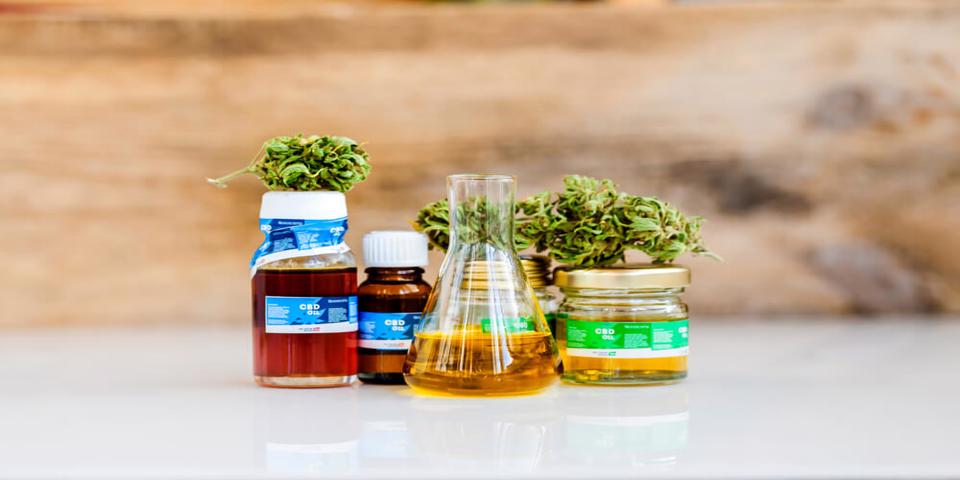
In a very short span, CBD oil in the UK has transformed from an illicit substance to one of the most regarded wellness products, partly thanks to an expanding body of research, increasing awareness, and clever branding.
Get this: the number of Britons currently using CBD oil is thought to be around 1.3 million, and more are joining the party regularly.
The vast majority of UK consumers use CBD oil to manage less-addressed conditions like epilepsy, anxiety, depression, Post-Traumatic Stress Disorder (PTSD), and chronic pain.
Epidyolex (a cannabis-based CBD formulation) was the first of its kind to be cleared by UK regulators for treating childhood epilepsy. Already FDA-approved in the US, this CBD-based drug has been available on NHS as of early 2020, helping curb epileptic seizures for hundreds of UK children with Dravet and Lennox-Gastaut syndromes.
A number of UK pensioners are tapping into the therapeutic potential of CBD to see if it can help with their arthritis and other age-related health issues.
CBD is also being trialed in the UK as a weight-loss booster or aid, a surprising benefit backed by a 2016 research study published in the journal Molecular and Cellular Biochemistry.
The researchers noticed that CBD may help expedite “fat-browning,” a process in which white fat is converted into brown fat cells that are known to help raze calories much faster. In this respect, CBD oil can be incredibly helpful in combating obesity, diabetes, and other major metabolic disorders.
Success stories of CBD oil being used in the UK to deal with neurological disorders are popping up every day, especially when it comes to Parkinson’s disease, Multiple Sclerosis (MS), Alzheimer’s disease, and dementia.
Take the heart-warming story of Kate Henderson and Michelle Oxley, for instance. The sister duo was inspired to set up a CBD shop in Hebden Bridge, Yorkshire, after their father’s successful Alzheimer’s treatment.
Indeed, a growing body of research seems to suggest that CBD oil could help take care of Alzheimer’s behavioral symptoms like aggression and agitation. And it may even help prevent, reverse, slow, or stop dementia.
Sativex, a half-half concoction of CBD and THC, has already been licensed in the UK for treating MS symptoms and could be on its way for use in dementia patients.
CBD oil has also got the attention of UK athletes, most of whom prefer rubs, gels, and lotions to relieve muscle aches, boost recovery, and bolster performance.
In some fitness and yoga studios, forward-thinking instructors are providing CBD-based guided, exercises, classes, and meditation sessions.
Sleep is another area of concern targeted by CBD oil users in the UK. CBD tinctures, sprays, tonics, perfumes, edibles, vape cartridges, and even CBD-infused pillowcases are being used to beat insomnia and other sleep issues.
While not too surprising, CBD has also gained increased traction with the vaping community in the UK. You can now purchase vape cartridges and CBD vape liquid infused with a variety of flavors.
As the CBD oil market in the UK continues to grow, it’s going to find its way into uncharted territories, such as food menus in restaurants, bistros, and cafés. This upscale vegan restaurant in London already serves decadent chocolate truffles infused with CBD oil.
Challenges for CBD Oil Market in the UK
CBD oil market in the UK is, without a doubt, headed for the stars, but the industry itself is messy and grappling with a boatload of regulatory challenges.
First, consumers are increasingly worried about what’s actually in the CBD products they are buying. Thanks to sloppy regulation and poor-quality standards, a bottle of CDB oil may not have what’s presented on the label, which leaves the entire industry in limbo.
This is corroborated by a review study commissioned by the CMC, in which laboratory tests showed that as much as 62 percent of CBD products found in the UK high-street market don’t have CBD content advertised on the label.
One notable example is a product whose lab tests returned a zero result for CBD. What’s even more troubling is that the CBD product retails at £90 per bottle!
How did such a flimsy product make it to the supermarket aisles? The UK CBD industry is poorly regulated and testing standards are rarely up to par. In other words, there are no sufficient manufacturing and quality control standards in place, meaning manufacturers are left to their own devices.
According to the Wired UK, some products tested also contained unpermitted levels of psychoactive cannabinoids like tetrahydrocannabinol (THC) and/or cannabinol (CBN). Remember that a CBD product in the UK must not contain higher than 0.2 percent THC, otherwise, it’s illegal.
So why are forbidden cannabinoids finding their way into your legal CBD oil? Both regulators and manufacturers in the UK are faced with a grave shortage of cannabis experts. Most lab analysts testing and certifying CBD products are neither sufficiently equipped nor skilled in dealing with cannabis materials.
To make matters worse, UK regulator bodies like the FSA and the MHRA are under-resourced, and therefore unable to keep an eye on every CBD brand on the market. The CBD market in the country got too big too quickly for the regulators to keep up.
Luckily, CMC’s lab tests didn’t find any CBD products bearing harmful or toxic chemicals.
CBD Oil for Personal Use in the UK
It’s worth mentioning again that the Medicines and Healthcare Regulatory Agency (MHRA) has recognized CBD oil as a medicine since 2016. However, a product containing CBD must be licensed first by the same agency before it can be sold or otherwise advertised for medicinal usages.
Given that no such license has been issued by the MHRA, however, most CBD brands out there cater to the personal use market. That is, they sell and market their CBD products directly to consumers as food or nutritional supplements.
A good example is Holland & Barrett, the health-food retailer with over 13,000 outlets across the UK. The chain was among the first to start selling CBD oil in its food supplement sections.
While CBD products advertised as dietary supplements don’t have to be licensed by the MHRA, they must be registered with the Food and Safety Association (FSA). Complete enforcement of this regulation will take place in the UK come 2021.
As we’ve mentioned, all CBD oil products for personal use in the UK must be THC-free (must not exceed the 0.2% threshold). There are a few exceptions to this rule, though.
One such exemption is Sativex, a cannabis-based drug that contains one part THC and one part CBD. The cannabis-derived CBD formulation has been green-lighted for use in treating Multiple Sclerosis in the UK. Measures are also in motion to approve Sativex for Alzheimer’s related dementia.
Available in spray form in the UK, Sativex retails at around £140 per 10ml bottle which contains approximately 90 doses, as per BBC. That isn’t exactly cheap.
With the move by Sajid Javid, UK’s Home Secretary, to allow prescription of cannabis products for medicinal use, it’s only a matter of time before higher levels of THC are permitted in CBD oil for personal use, as well.
Legal Framework for CBD Oil in the UK and Where to Buy
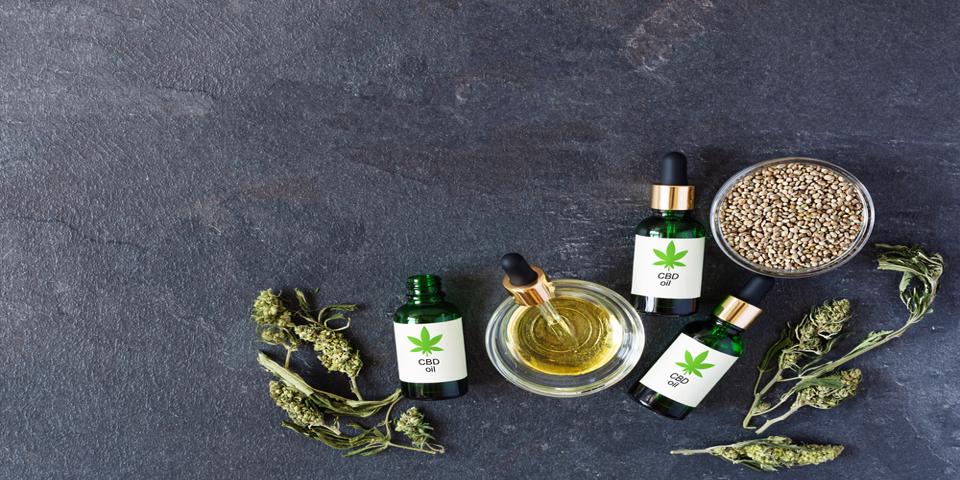
The laws surrounding CBD oil sales in the UK are a little bit confusing because the industry itself is big, yet the regulatory framework is still in its infancy. Even so, one thing is for sure: cannabis (or marijuana, to be precise) remains illegal in the UK.
If you’re found in possession of cannabis, you’re looking at a jail term of up to 5 years plus hefty fines. What’s worse, if you’re found guilty of distributing or supplying marijuana, you will face a harsher sentence of up to 14 years.
Thankfully, THC (marijuana) and CBD oil no longer fall under the same category, according to the classifications of the Misuse of Drugs Act 1971.
CBD can be grown and used freely in the UK if no more than 0.2% THC is detected. It doesn’t matter if the product has 2 percent CBD or contains 60 percent of the non-psychoactive cannabinoid; they must all toe the line.
You can also legally import CBD oil into the UK without many hurdles, if no more than 0.2 percent THC content is detected by officials at the port of entry.
If its THC content goes over the limit, the CBD oil product is considered to be cannabis, a controlled substance in the eyes of the law, and will be confiscated.
As stated before, the Medicines and Healthcare Products Regulatory Agency (MHRA) now defines CBD oil as a medicine. In legal terms, that means CBD products can be prescribed or sold for medical purposes as long as it meets two criteria:
- It has less than 0.2 percent THC
- It’s licensed by the MHRA
What this means is that you cannot advertise any CBD oil product as possessing therapeutic benefits without getting it approved by the MHRA. Even if the product has been licensed, it’s still subjected to very stringent quality, safety, and efficacy regulatory standards.
In November 2018, the Home Office classed down cannabis-based medications (including CBD oil) from Schedule 1 to Schedule 2 under the Misuse of Drugs Regulations Act of 2001.
This reclassification allows specialist health providers to prescribe CBD oil that may contain over 0.2% THC to qualified patients.
To be eligible for these medical-grade CBD oil products, however, you must go through an uncompromising medical assessment. Once you’re issued with a medical cannabis card, you can only get your drug prescriptions from a certified specialist clinician, and not just any practitioner, as per the new regulation.
The good news is that CBD oil can still be sold legally as food supplements. This “loophole” in the legal framework allows both small shops and big-box retailers to sell and advertise CBD oil, but their products must conform to the 0.2%-THC-content limit, as well.
So, where can you buy CBD oil in the UK? You can find them in almost every shop that offers dietary supplements, including pharmacies like Lloyd Pharmacy, health food stores such as Holland and Barrett, and even vape shops.
Expectedly, there’s also a growing number of online CBD oil stores that cater especially to UK consumers.
As of 6 January 2019, Epidyolex is now available as a prescription for children with the Lennox Gastaut syndrome and Dravet syndrome on the NHS.
There are various CBD oil brands in the UK market, and new ones enter the fray on a regular basis. However, the following three brands seem to dominate:
Smart CBD – An online UK brand, the company focuses on products that contain only CBD oil and hemp seed oil. They are known for using high-quality organic hemp and sustainable extraction methods.
Celtic Wind Crops – This is a homegrown UK brand whose products are available primarily from Lloyds Pharmacy. Their CBD products were actually the first to be stocked by the pharmacy chain where they are sold as nutritional supplements.
Celtic Wind Crops makes both CBD isolates and THC-free, full-spectrum CBD oils available in a range of concentrations from 300mg to 2,000mg.
Provacan – This is another trusted UK brand that offers high-quality CBD oil products at incredibly affordable pricing. The brand focuses on THC-free full-spectrum CBD oil derived from organic hemp, with a variety of strengths from 300mg to 2,400mg.
Market Projections for CBD Oil in the UK

Market research by the London-based Think-Tank CMC suggests that the current value of the UK CBD industry stands at around £300M and is powered by over 1.3 million regular consumers spending an average of £24 per month.
Of course, this figure pales in comparison to the humongous £2.5 billion-per-annum value of the cannabis black-market in the UK, according to the Institute of Economic Affairs (IEA) report.
The future of CBD oil in the UK is certainly brighter than ever. In the backdrop of strong demand, CMC predicts that the value of the UK’s CBD oil market will grow at a double-digit CAGR to hit close to £1 billion by 2025.
At this praiseworthy grow rate, the CBD oil market will exceed the current combined worth of Vitamin C (£119 million) and Vitamin D (£145 million) markets in the United Kingdom.
The CBD game will get a likely boost from the recent re-classification of cannabis, which saw the legalization of marijuana for medical usages. Given this, the medical cannabis market in the UK is anticipated to reach a record £7.3 billion by the year 2028.
If the UK legalizes cannabis for recreational use, pundits predict that it’ll be valued at well over £8 billion by 2028, bringing the total market valuation to over £15.3 billion.
Summary
CBD oil is one of the buzziest phrases going around in the UK’s wellness landscape. No wonder the market is estimated to have 1.3 million active users who shell out more than a whopping £300 million per year on CBD products.
CBD oil is a cannabis extract that’s thought to have helpful therapeutic properties. Most advocates of CBD oil claim it can help mitigate or manage a laundry list of health conditions and symptoms.
These include chronic disorders such as Parkinson’s disease, Alzheimer’s, Multiple Sclerosis, diabetes, and even cancer.
However, the vast majority of UK consumers use CBD oil to quell mental health ills like PTSD, anxiety, depression, and much more. It’s especially popular among pensioners looking to get a handle on debilitating symptoms of arthritis.
Sativex, a 50-50 blend of CBD and THC, is also available under prescription for people struggling with Multiple Sclerosis and dementia. Epidyolex is another CBD oil product exempted from the 0.2% THC rule and has already been approved for treating two rare childhood epilepsies.
CBD oil is currently legal in the UK on one condition: it must contain less than 0.2 percent THC. In 2016, the UK health regulator MHRA recognized CBD oil as a medicine, but all CBD products designed for the medical market must be licensed. None has been approved by MHRA thus far.
Later in November 2016, the Home Office allowed cannabis-derived products to be prescribed for medical usages under strict requirements. This enabled Epidyolex and Sativex, two CBD-products containing high THC content, to be prescribed to eligible patients.
Despite growing at an epic pace, the UK CBD oil market is not without challenges. The MHRA and FSA, two key regulatory agencies, are ill-equipped to handle such a massive market.
Because the industry is poorly regulated, more than 62% of products on the market don’t have what’s described on the label – some have low CBD or none, while others contain illegal cannabinoids like THC and CBN.
CBD oil in the UK is available in a variety of formats, including CBD sweets, CBD candies, CBD vape cartridges, CBD tinctures, and CBD topicals like rubs and gels. Your choice will affect bioavailability and how long it will take CBD to work.
Because none of the major brands have acquired an MHRA license, their products are largely sold as dietary supplements in the UK. These are available in a range of strengths online, as well as in brick-and-mortar locations like pharmacies, health food stores, vape stores, etc.
With increased research, improved clarity in legislation, and more coverage of success stories in the media, demand for CBD products is expected to go through the roof. The think tank group CMC forecasts that the CBD oil market in the UK will reach a record of £1 billion by 2025.

